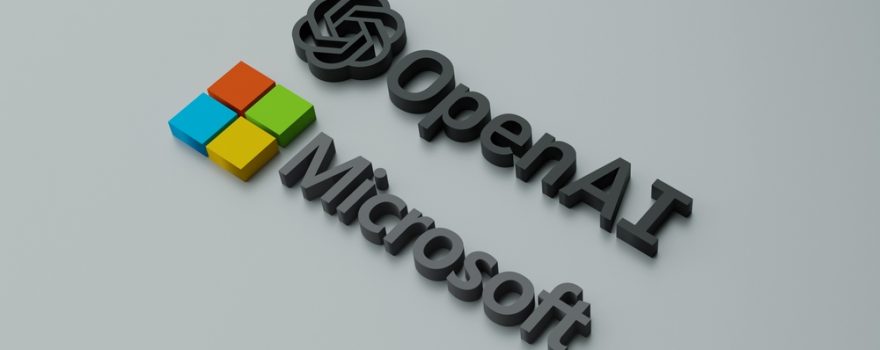
Facing a wave of over 15,000 layoffs in recent months, Microsoft has doubled down on artificial intelligence — not just as a product, but as a workplace expectation. Remaining employees are being told that AI is now “core to every role,” with usage increasingly factored into performance evaluations.
Julia Liuson, president of Microsoft’s Developer Division, made it clear in a company-wide message: AI is no longer optional. “Just like collaboration, data-driven thinking, and effective communication, using AI is now essential,” she wrote. Internal tools like Microsoft Copilot are being emphasized as mandatory parts of employee workflows.
Managers across departments have reportedly begun tracking AI engagement, including how frequently and effectively staff integrate Microsoft’s AI tools into their daily tasks. For teams working directly with AI products, the pressure is even higher — Microsoft wants its employees to lead by example in promoting the very technology it sells.
Ironically, the same tools that Microsoft is now mandating are also being blamed by some for the job losses. In a now-deleted LinkedIn post, Xbox Game Studios executive producer Matt Turnbull advised laid-off employees to use ChatGPT and Copilot for emotional support, resume writing, and job hunting tips — a comment that sparked immediate backlash. Critics found the message tone-deaf, as the tools being recommended for coping are perceived by many as the drivers behind the layoffs themselves.
Despite the controversy, Microsoft remains firm on its trajectory. Gaming division head Phil Spencer described the cuts as part of a larger restructuring strategy aimed at streamlining teams and aligning with long-term goals. “These are difficult decisions,” he said, “but they’re necessary to adapt to a rapidly changing market.”
Microsoft also maintains that Copilot adoption internally has lagged, especially compared to emerging competitors like Cursor and Replit. As a result, the company is pushing for widespread integration, allowing limited use of external tools while promoting its proprietary platforms as the standard.
This cultural shift highlights a broader tech industry dilemma: how to embrace automation while safeguarding jobs and morale. With AI poised to reshape how companies operate, Microsoft’s latest move reflects both the promise — and peril — of a future powered by machines.

 Get in Touch
Get in Touch 


